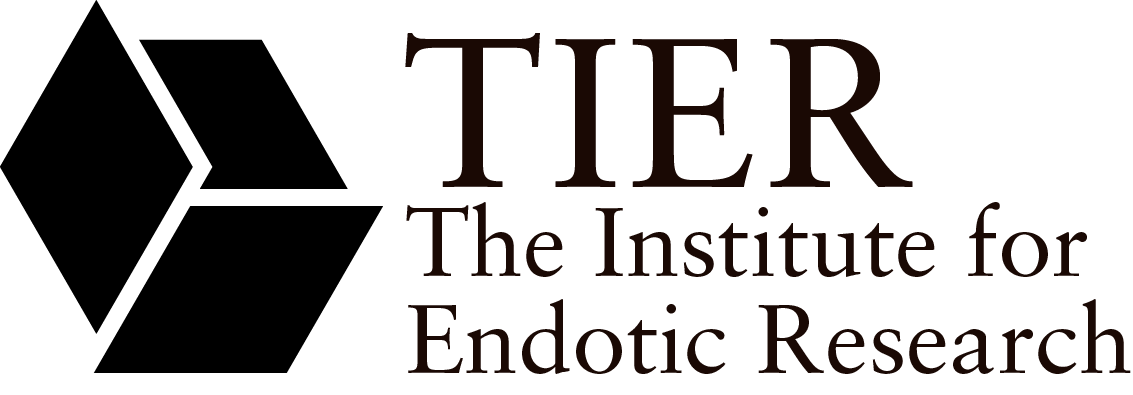 November 4 and 5 (workshop), Ana Alenso & Andrea Acosta: We are Satellites, experimental observations in semi-industrial territories.
November 4 and 5 (workshop), Ana Alenso & Andrea Acosta: We are Satellites, experimental observations in semi-industrial territories.
Workshop: Friday November 4, 11:00-15:00, and Saturday November 5, 14:00-18:00
For this workshop we propose an exploration of semi-industrial areas representative of an era and their interconnection with other territories, inquiring on the operative dynamics that create new landscapes and ruins. Through a series of collaborative entanglements we propose a visit to an industrial complex located around the area of Neukölln/Treptow (exact location to be disclosed), where we will conduct a series of observations and material collections that will be further unpacked during a second session at TIER. Investigating how this location connects to other latitudes and problematics, either by the people who inhabit it or by the materials, resources or non-human forms that have found a way to adapt inside this late capitalism environment.
We propose to work with the idea of satellites as remote sensing tools but also as communication systems capable of receiving and retransmitting signals. How can we embrace this technology to reimagine the colliding of multiple perspectives on our immediate environment? How can these tools be reappropriated and embedded with presence and materiality? Which devices and strategies can we develop to visualize the entanglements of local specificities with transnational narratives and, therefore, the plurality of the lives and the places we inhabit?
We are looking for collective, scientific, speculative and artistic tools and approaches to situate ourselves in a territory, to share,collect and transform data into new forms of knowledge. We will use aeroespacial images to unveil the trans planetarian narrative we are all embedded in. Furthermore we want to create a collective installation designed for the TIER window space with the material gathered in physical form and also using digital interventions. Through this experience, we want to explore the poetic and political potential that can emerge from the exploration of spaces from multiple perspectives, tools and sensitivities, and its posterior transformation into new critical meanings and materialities.
Limited places for the workshop are available. Registration is required at auroraplatformtier@gmail.com
Andrea Acosta is a Colombian artist investigating notions of nature and landscape and their interconnection with urban or industrial environments and materialities. In her process-based practice she combines field research with drawing, sculpture, installation and photography, reflecting on the constant transformation of matter, gaze and territories. Her work has been shown internationally in Europe, Latin America and Asia.
Aurora. A Platform on Ecology, Interdependence and Mutual Aid
June–November 2022
A project prepared by The Institute for Endotic Research with MELT (Ren Loren Britton & Isabel Paehr), Linda Zhang & Dr. Biko Mandela Gray, Nnenna Onuoha, Shoufay Derz, mordo (Aline Baiana, Camila de Caux & Eric Macedo), Ana Alenso & Andrea Acosta, and Romuald Krężel.
For Nzeyimana this is umwaku: a piece of information, some news, or a comment, actual or false, that is troubling to the mind. The notion of umwaku is of an animistic origin. What makes such comment stirring is not so much its unsolicited delivery, but its pre-emptive, anticipatory resonance to a possibly feared, relatively undesired image of the oneself.
—Christian Nyampeta
Life did not take over the world by combat,
but by networking.
—Lynn Margulis
“Aurora. A platform on ecology, interdependence and mutual aid” is an interdisciplinary project initiated by TIER. The project is presented through workshops, exhibitions, podcasts and a reader publication. It departs from the notion of mutual aid, as a way to understand connections between ecology and interdependence. Aurora, which stands for dawn, is among the most common symbols for hope. The project goes beyond criticism, proposing actionable strategies for imagining better futures.
Zoologist and political scientist Piotr Kropotkin used the term mutual aid starting in 1880 to describe a model in which nature, in many observed cases, functions through collaborative entanglements. This perspective was confronting the one based on competition, proposed by the Neo-Darwinists, who sought a model of nature that justified the exploitative and competitive logic of capitalism from a scientific point of view. This capitalist model based on perpetual extraction is arguably one of the main reasons for the climate collapse.
Instead, the mutual aid model looked for a system that understands how all entities are entangled, and how species developed through collaboration in many cases. Scientist Lynn Margulis expanded on this model analyzing how symbiosis is at the basis of all life on Earth, and how this process is based on interdependence. Can the notion of mutual aid (understood both from biology and from politics) offer the tools to face the climate crisis and the developing collapse? By placing focus on interdependence, could it be possible to anticipate strategies against the climate collapse, learning from historical processes inscribed in the colonial program? What role does machine learning play?
The Institute for Endotic Research (TIER) seeks to combine these views and methodologies to produce a platform together with other institutions and collaborators, who work in a critical position between art, activism and science: how can we think and work within ecology from a decolonial perspective, and with the logic of mutual aid? Which kind of speculative fictions are possible to foster the imagination of alternative, more sustainable ways of coexistence among humans, nonhuman lifeforms and nonliving entities based on interdependence?
The platform “Aurora” will be presented from June to November 2022. Every month, there will be a new artistic installment at TIER, working as a spatial setting for hosting a workshop led by the invited contributors.
All events are free of charge. Limited places for the workshops are available. Registration for the workshops is required at auroraplatformtier@gmail.com
Design by Lilia Di Bella/Archive Appendix.
Aurora. A platform on ecology, interdependence and mutual aid is supported by:
